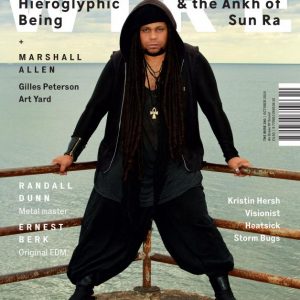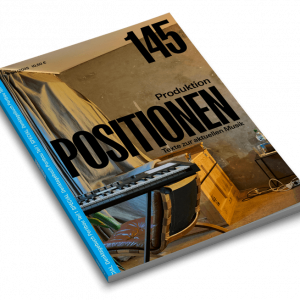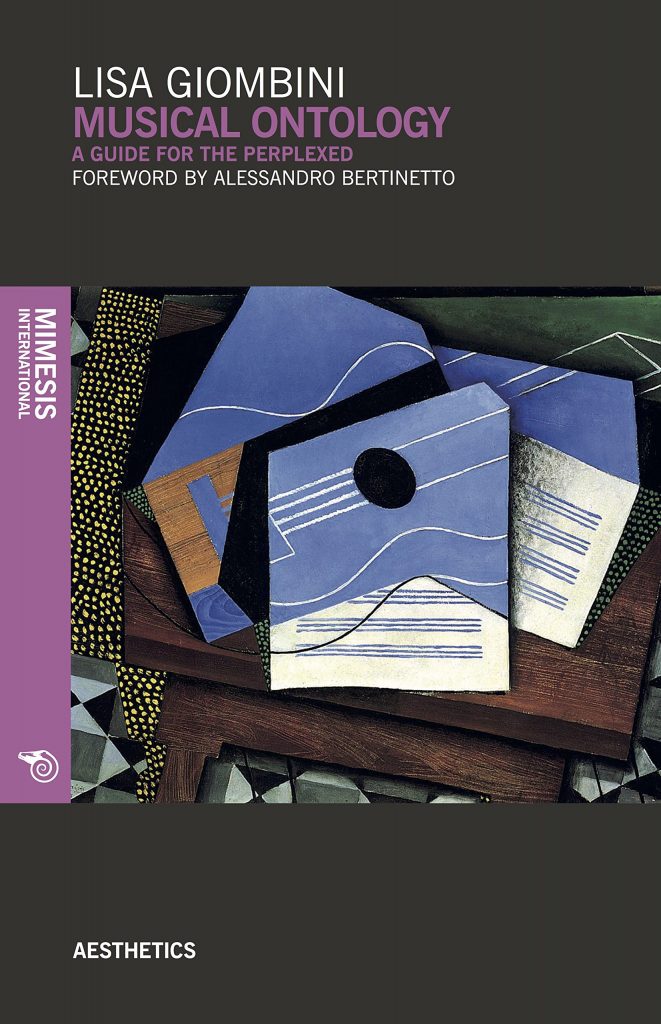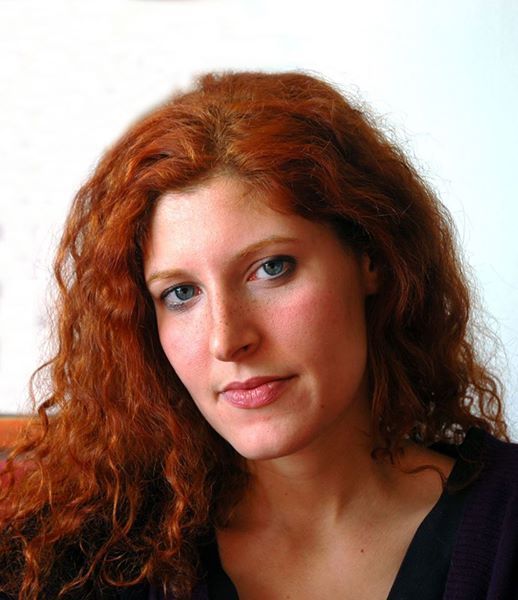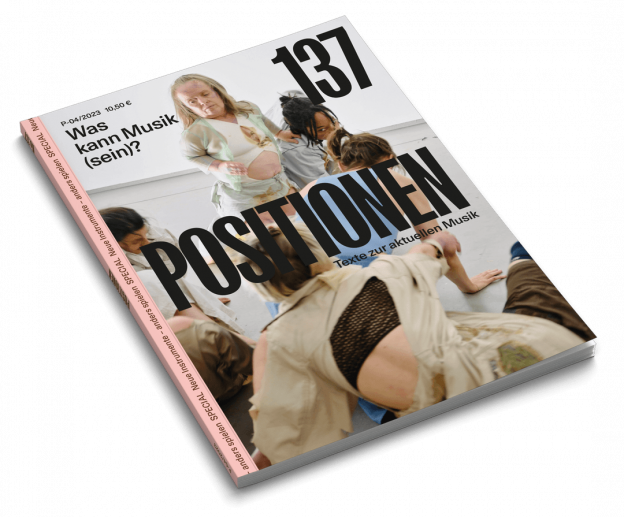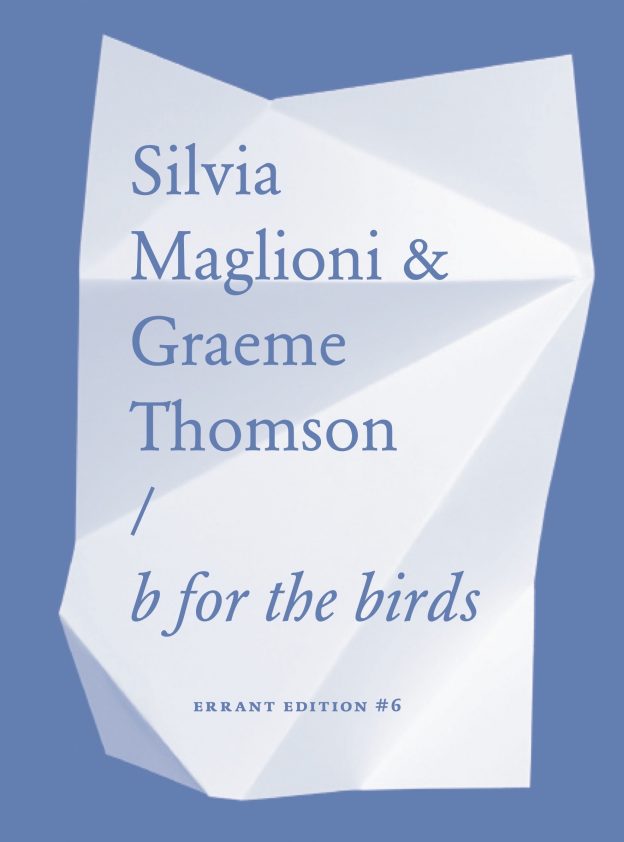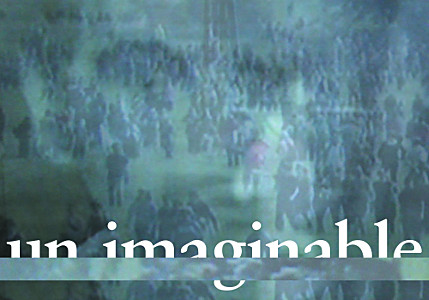Lisa Giombini - Musical Ontology – A Guide for the Perplexed
Whether you are a philosopher, musician or music lover, ontology (studying the nature of being) may give new insights into what happens when you listen to music.
What is musical ontology? Why should we as philosophers address it, if ever? These questions constitute the Ariadne’s thread running throughout this whole work. The number of papers, volumes and essays that have recently been dedicated to the topic of art and musical ontology is so vast that trying to get a grip on the debate seems like trying to find ones bearings without a compass. This book is a guide to help hapless readers find their way through this philosophical jungle. It is constructed on three levels: the presentation of the debate on musical ontology, a meta-ontological inquiry and a sort of meta-meta-ontological overview, in which both the ontological and the meta-ontological are examined. It does not contain any apology for musical ontology, nor any attempt to definitively get it off the hook. The approach is aporetic, in the spirit of an open investigation in which more questions than answers are posited. But this is the whole point. If this study manages to provide the readers with the necessary theoretical tools to answer these questions for themselves, it could be considered a success.
In the tradition of classical music, works have been considered as multiple repeatable entities. Each precisely identifiable performance is an instance of the work: an event in which the work itself is presented. One of the biggest challenges in the studies of the ontology of music is to explain what this repeatability is on a metaphysical level, which results in the duality of musical works: the fact that they have a ‘singular (ideal) essence’ and ‘multiple concrete forms of existence’. In addressing this issue, the relationship between different ontological positions and broader scenarios in fundamental metaphysics must be taken into account.
Lisa Giombini is a Ph.D. in Philosophy at the University of Roma Tre and at the University of Lorraine (France). She has obtained the French National Qualification as Maître de Conférences [Associate Professor] in Philosophy and Aesthetics. She is currently post-doctoral researcher at the Institute of Philosophy of the Freie Universität Berlin as a DAAD Postdoctoral Fellow. She is the Italian co-editor and translator of Lydia Goehr’s The Imaginary Museum of Musical Works.
Paperback, published in 2017, 374 pages.
€20.00

